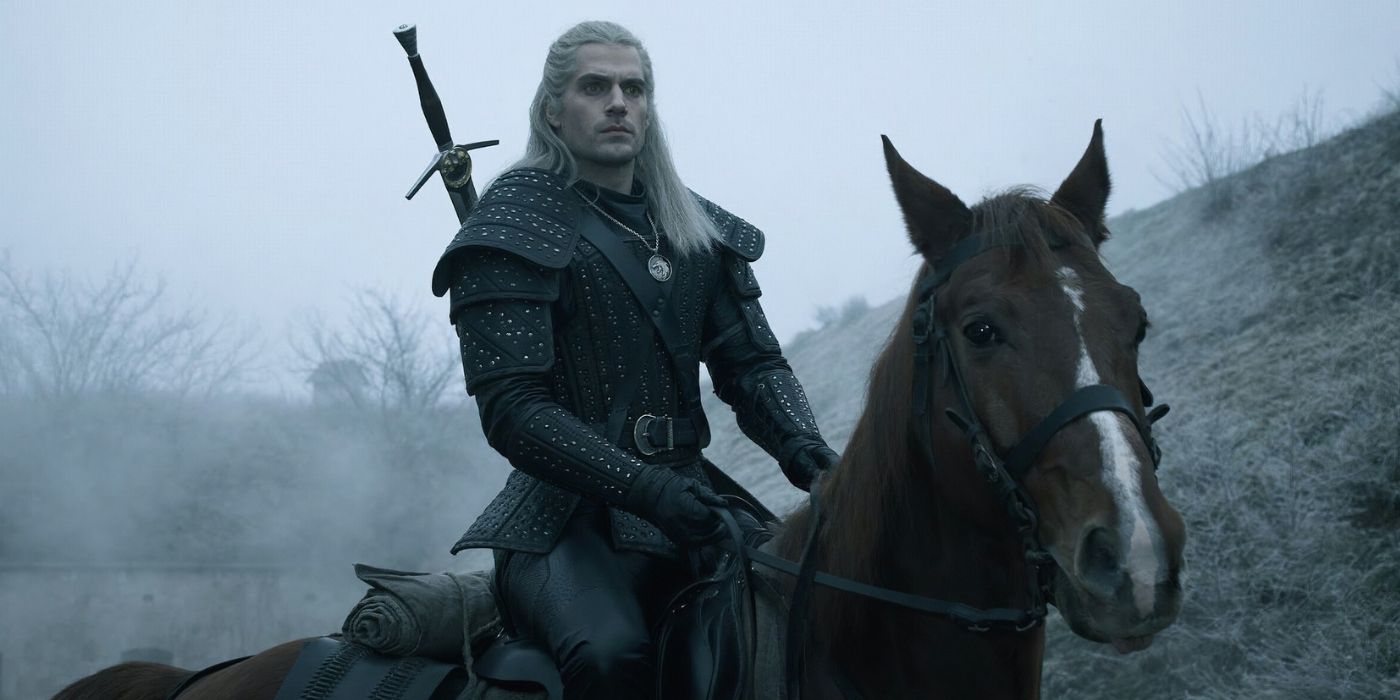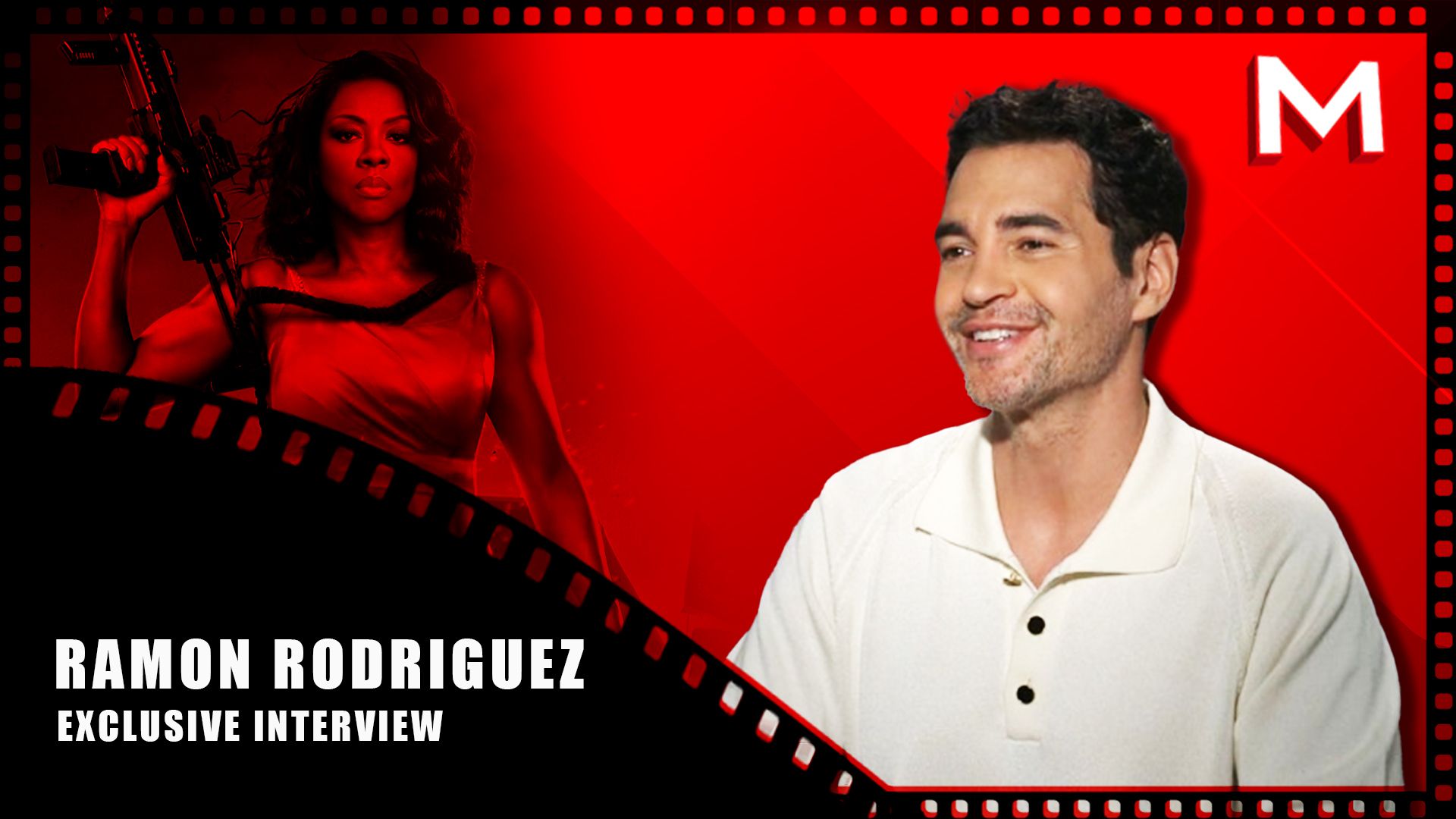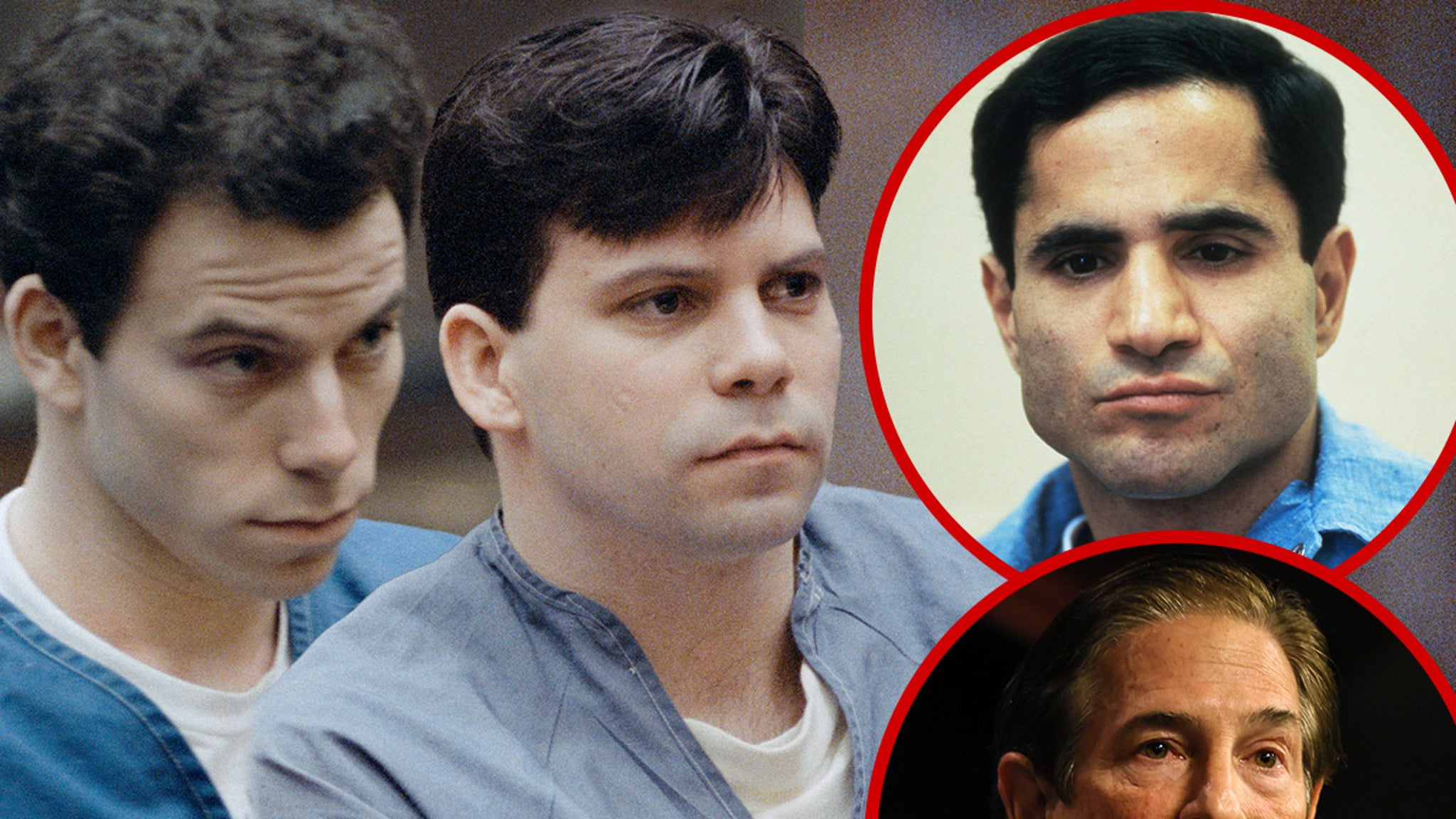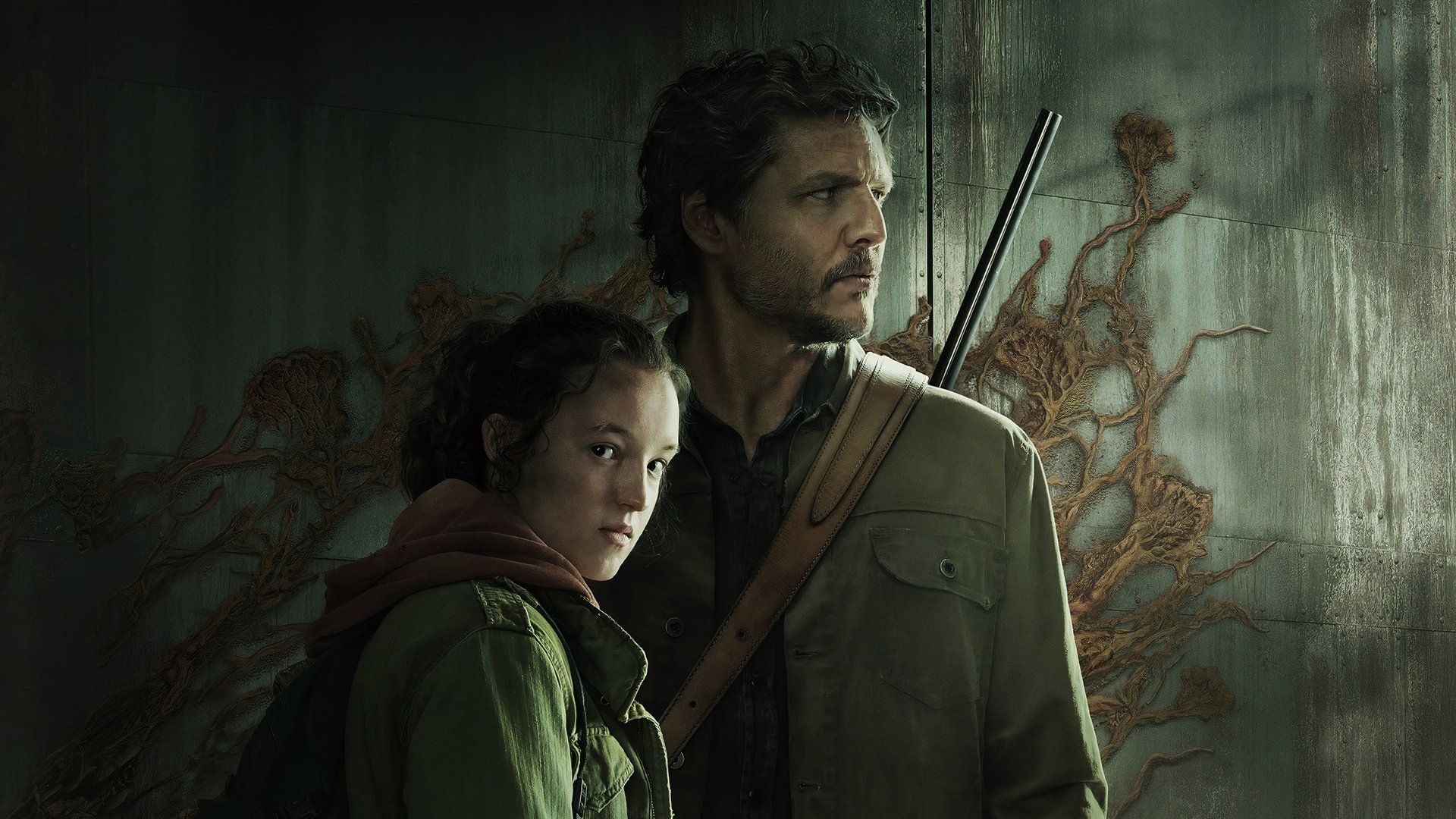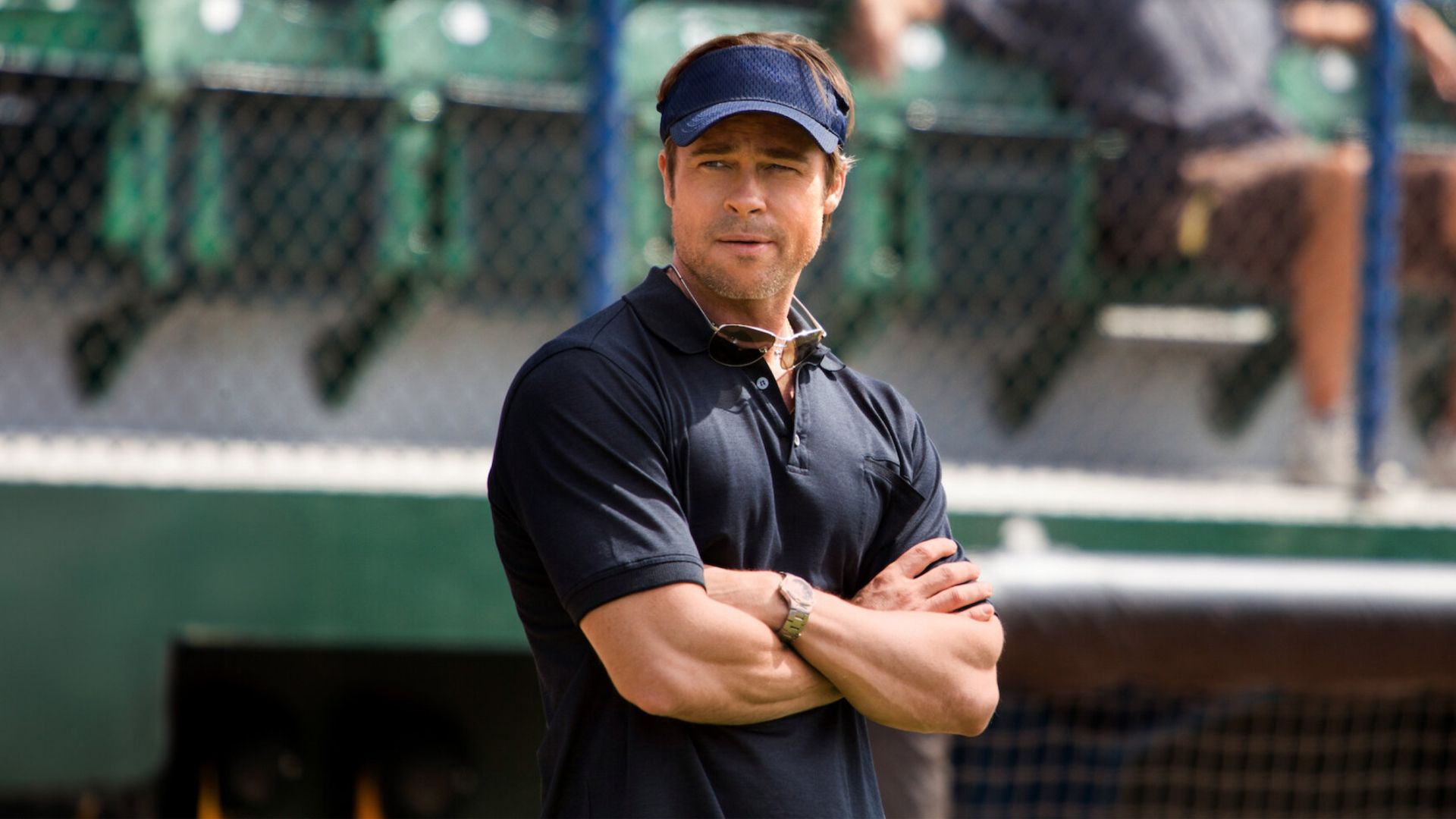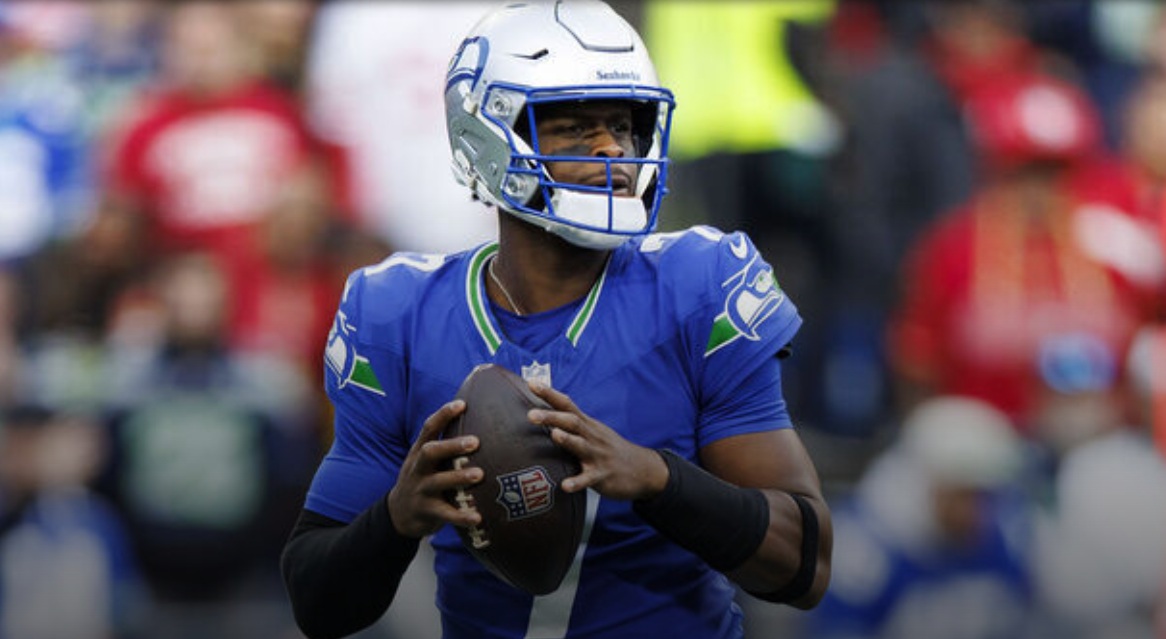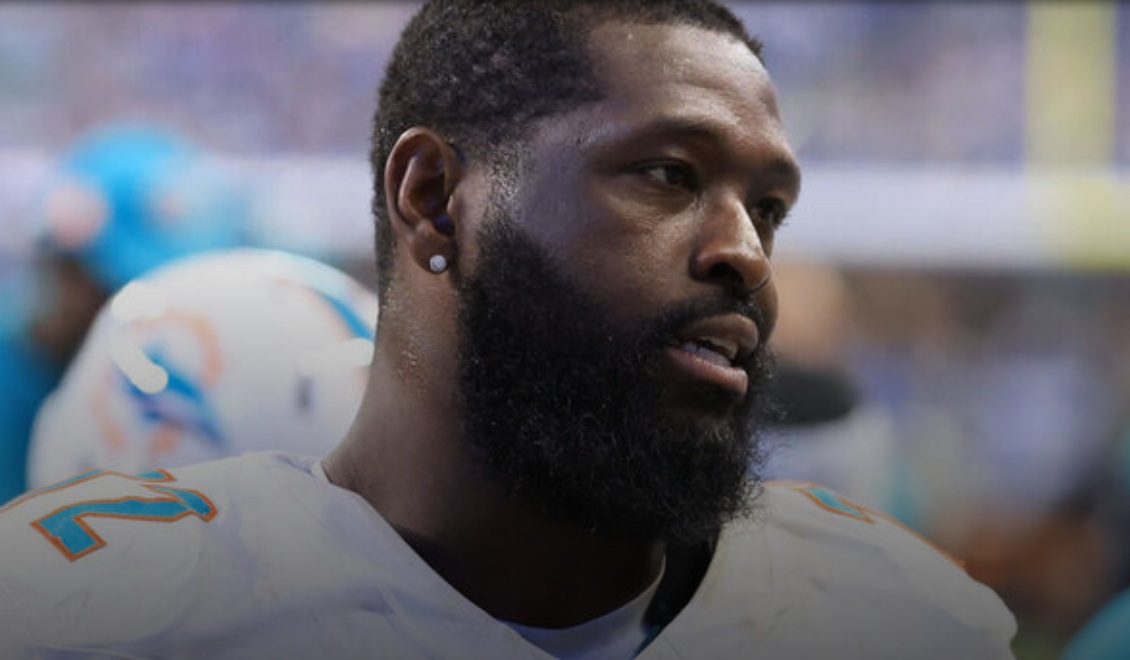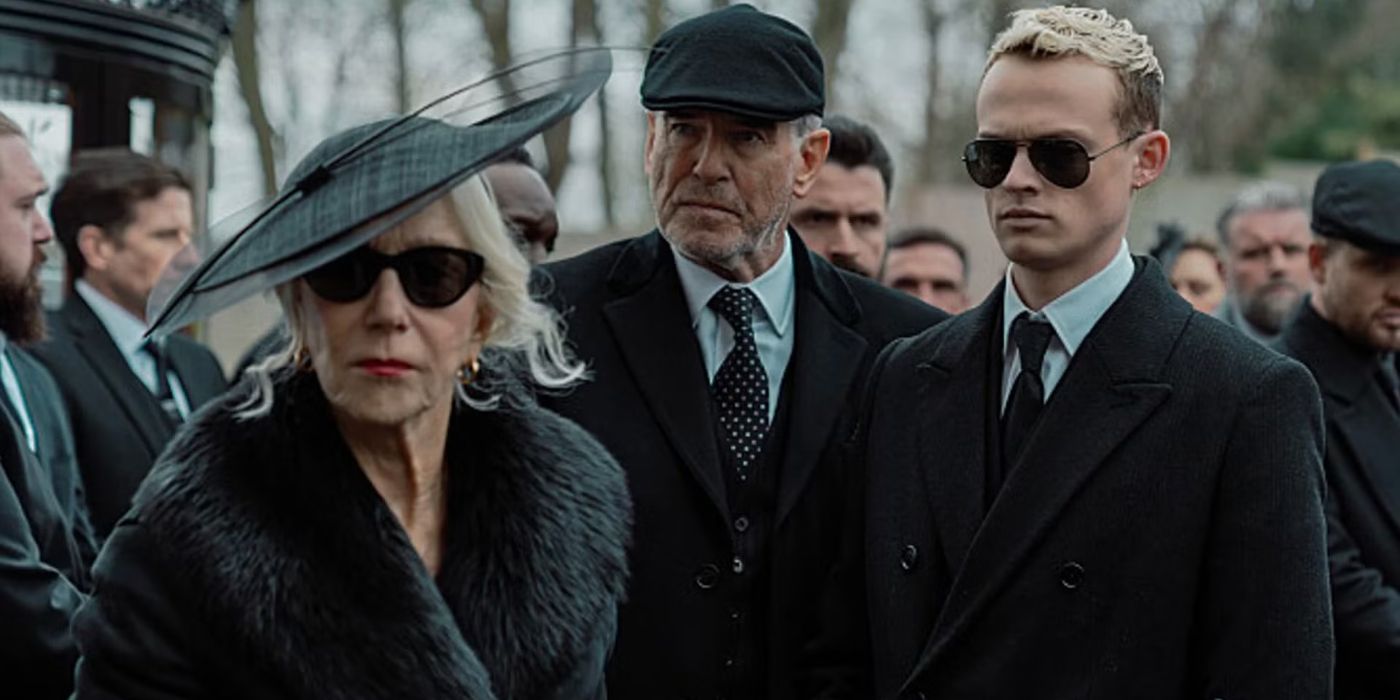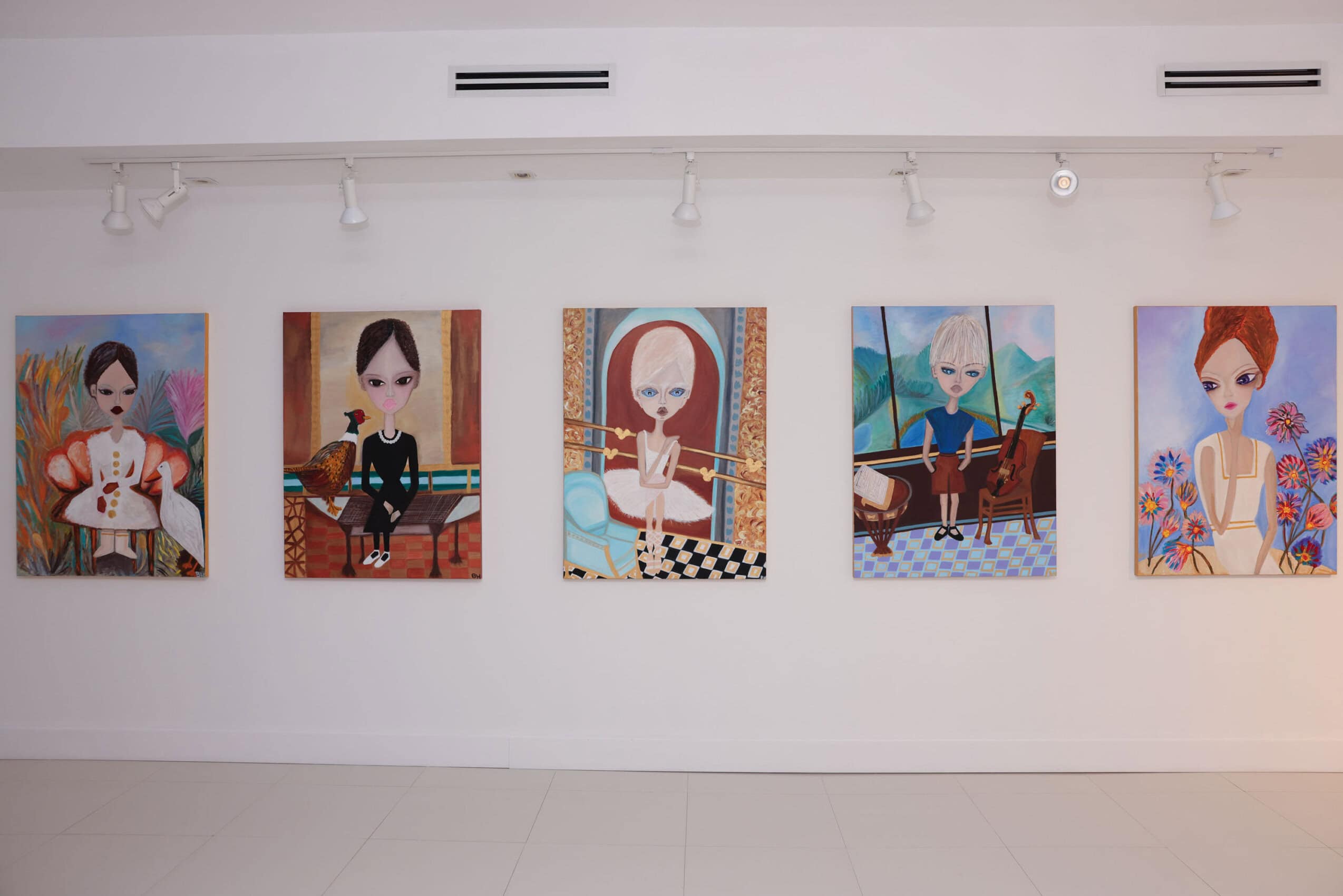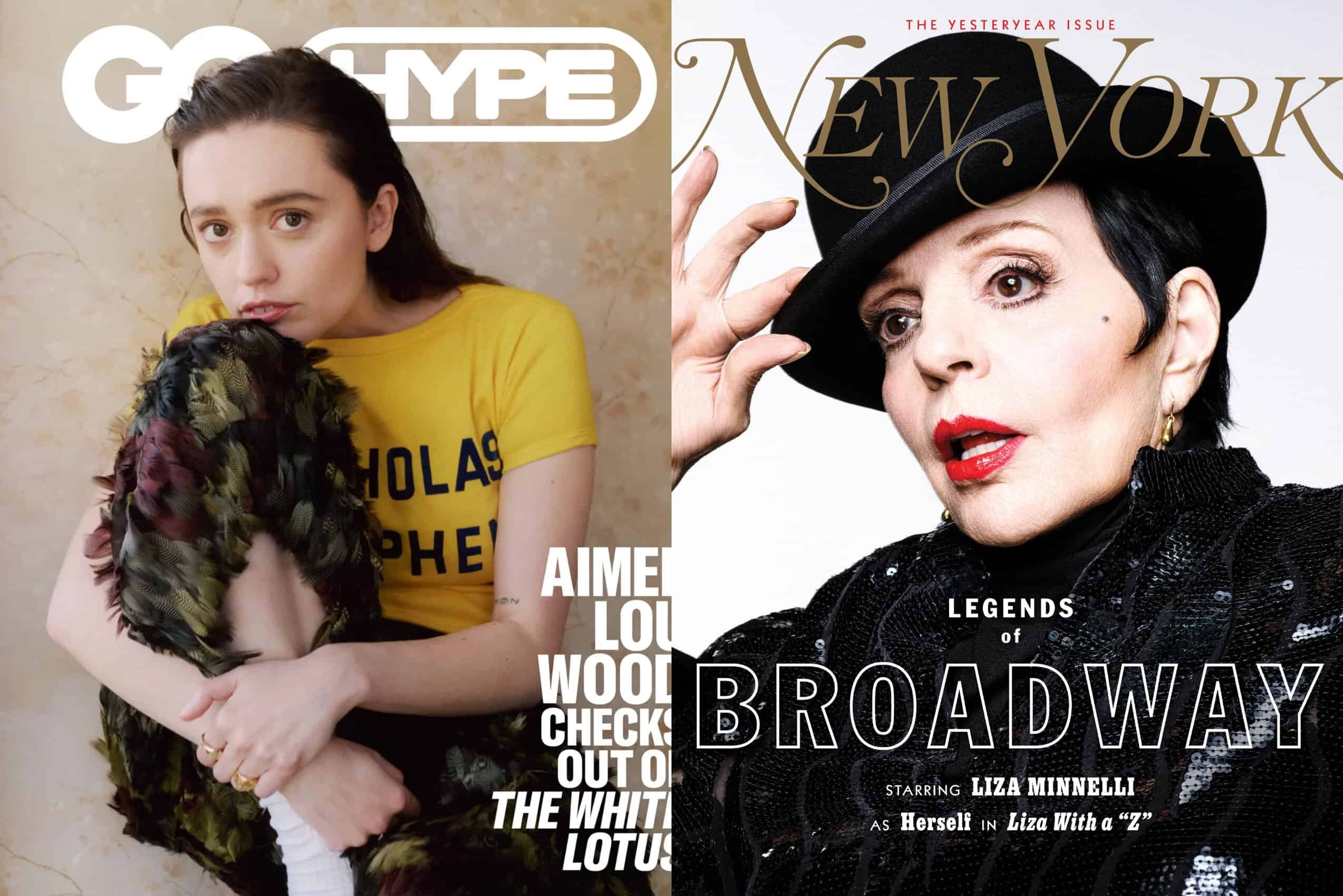If you’ve seen the movie, you know the moment. Poitier’s Detective Virgil Tibbs and Steiger’s Chief Bill Gillespie visit the home of a white plantation owner named Endicott (Larry Gates), to question him. When Endicott realizes Tibbs is treating him as a suspect, he’s so offended that he slaps him.
Tibbs slaps him right back. Then he glares at him.
Endicott is shocked to his core. “There was a time,” he says, holding a hand to his face, “I could have had you shot.”
That scene floored me. I remember feeling the power of it, in and of itself—and even more so, the power of Poitier.
Growing up, I found Poitier to be an aspirational figure—a black Superman, not in physical prowess, but in symbology. He represented hope throughout his career. Poitier had an ability to be so matter of fact about his station in life, about his own regality. It seemed to me that Poitier wore that regality lightly, and that was the key—the thing that that made him so beloved, and that, for a few moments or hours on screen, crumbled the realities for Black people in America.
Poitier’s characters rarely got violent but when they did, the impact was overwhelming: a small event made larger because he so rarely went there. These parceled-out acts of defiance even by today’s standards stand tall, because Poitier was so sincere about them. He didn’t at all “play” them. When he gets into a tussle with Tony Curtis in Stanley Kramer’s “The Defiant Ones,” it’s so natural, so seamless, as if it’s the only way it could’ve been, despite all the ways it wasn’t for so many Black men back then.
The Slap happened at the absolute peak of Poitier’s pop culture prominence, at a time when he was being praised by many for his trailblazer status and criticized by others for being too safe.
The Slap was the moment when Poitier’s image and career trajectory changed. And the possibilities for Black artists in the mainstream changed with it.
Now to be clear, there were always Black men who would step up, men who would challenge or fight with authority, men who would leap at the opportunity to assert their inherent humanity. But Poitier reached those who were not exceptions, those who needed to see a possibility of transcendence in an art form that more often excluded or caricatured them. He made viewers want to aspire to give themselves the same freedom Poitier exemplified: freedom to seek, to create, to fight.
You can view the original article HERE.



